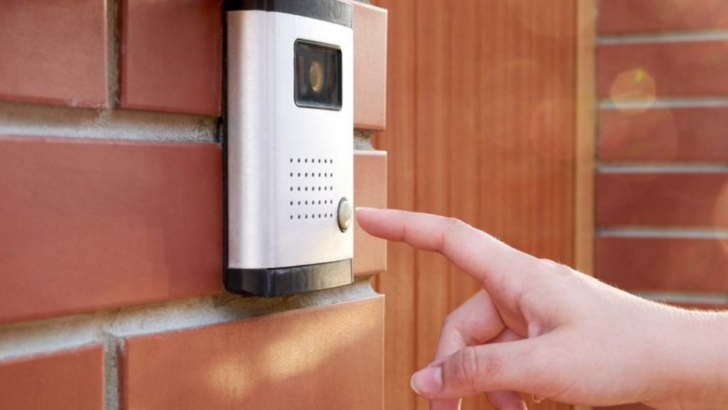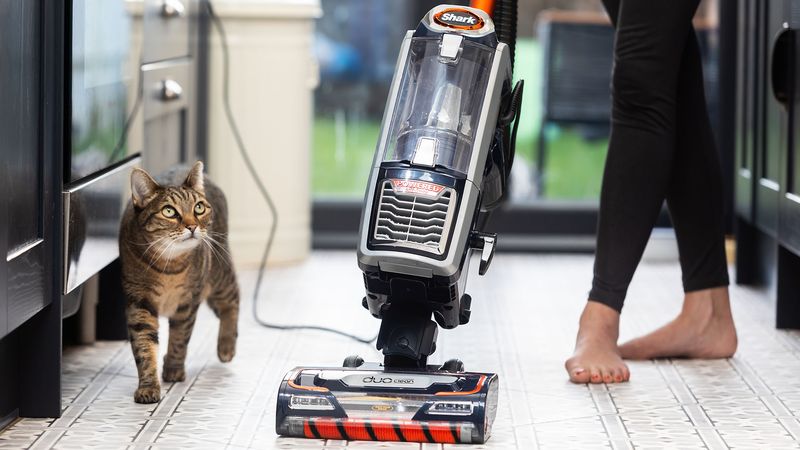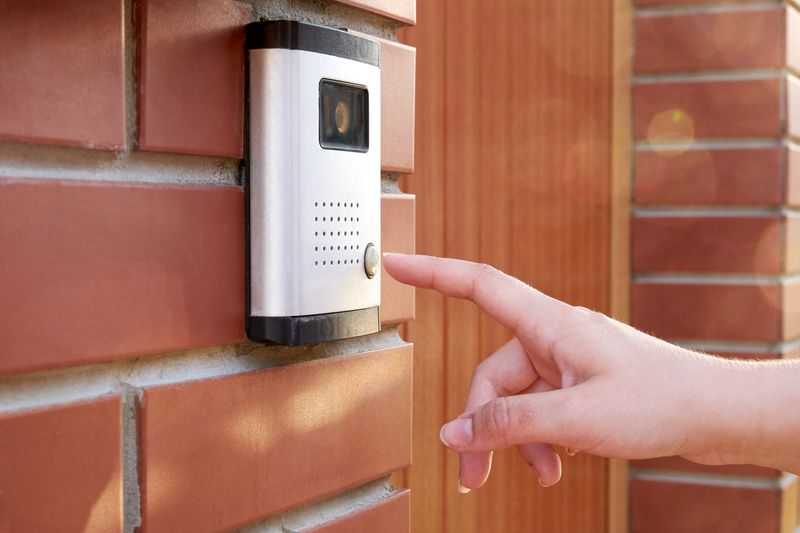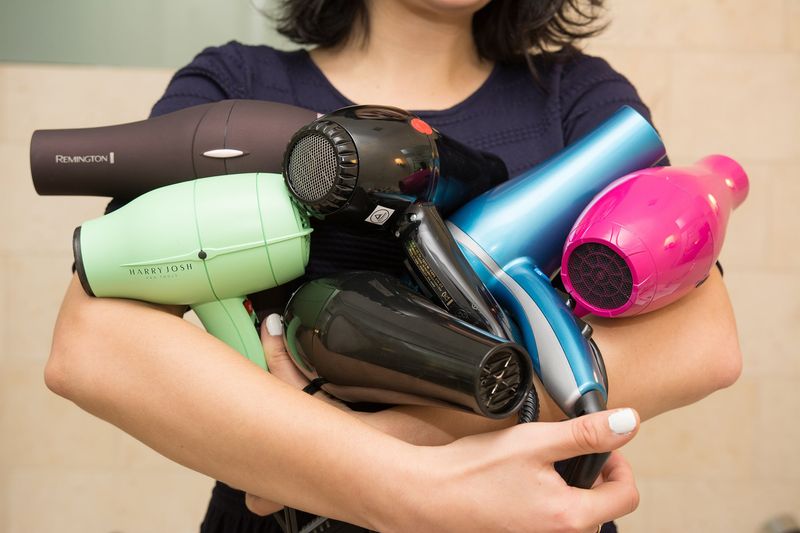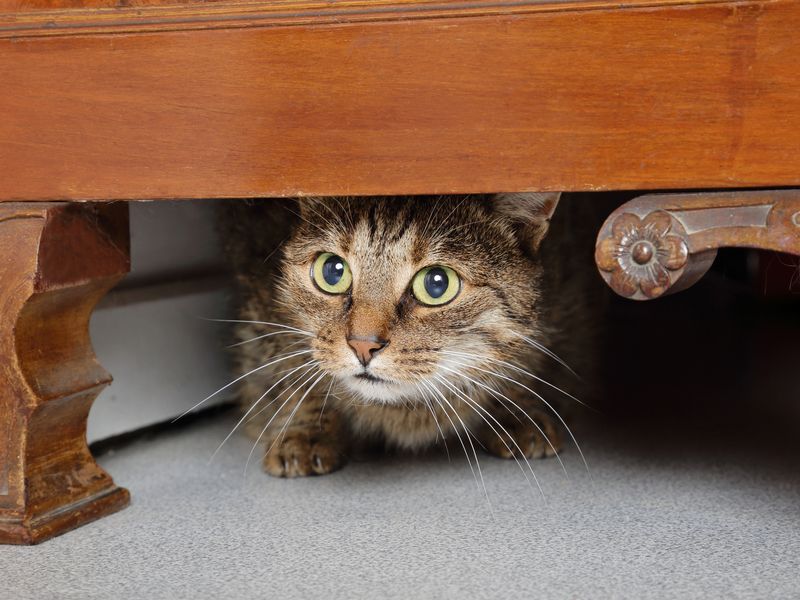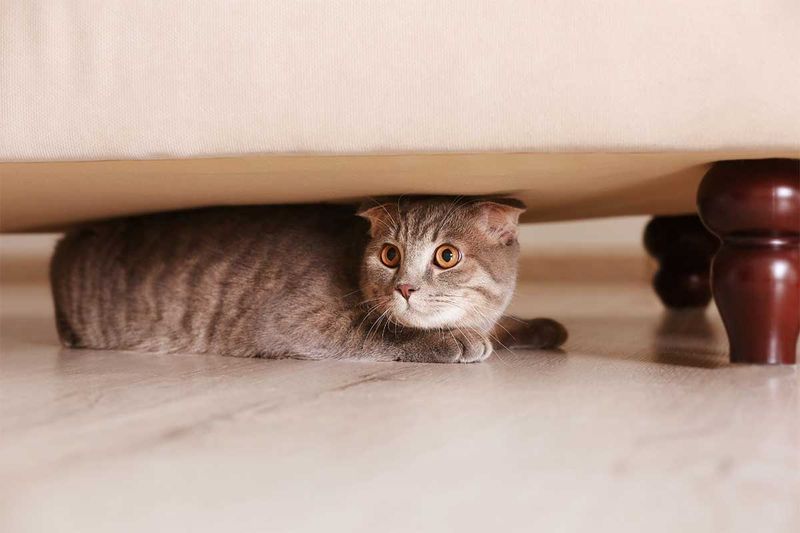Their heightened hearing makes cats incredibly attuned to even the subtlest noises, which can be both a blessing and a challenge. Sounds that seem ordinary to us, like a loud vacuum cleaner or the high-pitched beeping of household appliances, may be overwhelming or unsettling to cats.
Sudden or unpredictable noises, such as fireworks or thunderstorms, can trigger anxiety or cause them to seek hiding spots for safety.
Even repetitive sounds, like a dripping faucet or a constantly ringing phone, may irritate their sensitive ears. By identifying and minimizing these triggers, we can reduce their stress and promote a calmer, more comfortable living space.
Ensuring our homes are feline-friendly means paying attention not just to their physical needs but also to their sensory well-being, creating an atmosphere where they can thrive without unnecessary disruptions.
1. Vacuum Cleaners
Vacuum cleaners are notorious for their loud and unsettling noise, which can easily frighten cats. Their powerful motors produce a high-pitched whirring sound that can be overwhelming. Cats may perceive this as a threat, causing them to hide or flee. In addition, the sudden movement and unpredictable path of the vacuum can add to their anxiety. To help your cat, try introducing them to the vacuum while it’s turned off, allowing them to inspect it. Gradually expose them to the noise from a distance, rewarding them with treats for staying calm.
2. Doorbells
A loud doorbell ring can easily startle a cat, disrupting their rest and causing unease. This noise often signals the presence of strangers, which may feel like an intrusion on their territory. As territorial creatures, cats can perceive this as a threat, leading to stress or defensive behavior.
To help them adapt, try recording the doorbell sound and playing it softly during calm moments. Over time, gradually increase the volume while rewarding your cat for staying relaxed.
This approach can desensitize them, making the doorbell less alarming and creating a more peaceful experience for your feline companion.
3. Hairdryers
The high-pitched noise emitted by hairdryers falls within frequencies that cats often find uncomfortable. Along with the sound, the warm air can be disorienting, creating an unsettling experience for them.
To minimize stress, try using the hairdryer in a separate room, reducing the intensity of the sound your cat can hear. Providing a quiet, secure retreat for your cat can also help them feel safe and less anxious when the noise occurs. A cozy space away from the commotion ensures their comfort and peace of mind.
4. Loud Music
Loud music, especially with heavy bass, can be overwhelming for a cat’s sensitive ears. The vibrations and intensity of the sound can cause discomfort or even pain. Cats often seek quiet and calm environments, so blasting music can disrupt their peace.
To keep your cat comfortable, try using headphones or lowering the volume. Offer your cat a quiet room with soft bedding where they can escape the noise, ensuring they have a safe haven away from the commotion.
5. Alarm Clocks
Persistent ringing from alarm clocks can easily jolt cats from their restful sleep, leaving them startled and anxious. The abrupt and loud nature of the sound disrupts the tranquility cats seek in their favorite napping spots, making it an unwelcome intrusion.
To reduce the stress caused by alarms, consider opting for a gentler tone or a vibrating alarm that avoids loud noises. Providing your cat with a cozy, secure sleeping area further minimizes the impact of sudden sounds, helping them feel safe and undisturbed.
6. Blenders
The loud, jarring noise of a blender can be highly unsettling for cats, often mimicking the sharp sounds of potential threats and triggering their fight-or-flight response. T
o help keep your cat calm, try using the blender in a different room or offering an engaging distraction, such as a treat-filled toy, to shift their focus. Being mindful of your cat’s sensitivity to such noises is key to creating a more comfortable and peaceful home environment.
7. Barking Dogs
Dogs barking can be highly irritating for cats, especially if the barking is persistent and loud. Cats are naturally cautious animals and may perceive barking as a threat. The unpredictable and aggressive nature of the sound can make them feel vulnerable. To help your cat feel secure, create a quiet retreat in your home where the sounds of barking are muffled. Providing high perches or cozy hiding spots can also give your cat a sense of safety and control.
8. Fireworks
Loud bangs and sudden bursts of light make fireworks a significant source of stress for cats. The unpredictability of the noise often triggers intense fear and anxiety. To help your cat feel safe, keep them indoors during fireworks and create a secure hiding spot where they can retreat.
Soft music or white noise can help muffle the sounds, providing a calmer atmosphere. Offering gentle reassurance through petting and treats can also help your cat feel more at ease during these unsettling events.
9. Thunderstorms
Loud thunderclaps and flashing lightning often create a frightening experience for cats, triggering panic and causing them to hide or act out in agitation. To help ease their anxiety, set up a secure and enclosed space where they can feel protected.
Calming aids such as pheromone diffusers or sprays can further reduce their stress levels. Providing a quiet and comfortable retreat during storms ensures your cat feels safe and supported through the unsettling noises and flashes.
10. Car Alarms
Car alarms are loud, sudden, and persistent, making them particularly irritating to cats. These alarms can disrupt a cat’s sense of calm, causing anxiety and stress. The blaring siren often mimics danger, triggering a flight response.
To protect your cat from undue stress, try to minimize their exposure to such noises by keeping windows closed and providing a quiet indoor environment. Offering comforting items like your cat’s favorite blanket or toy can also help soothe them in the presence of disturbing sounds.
